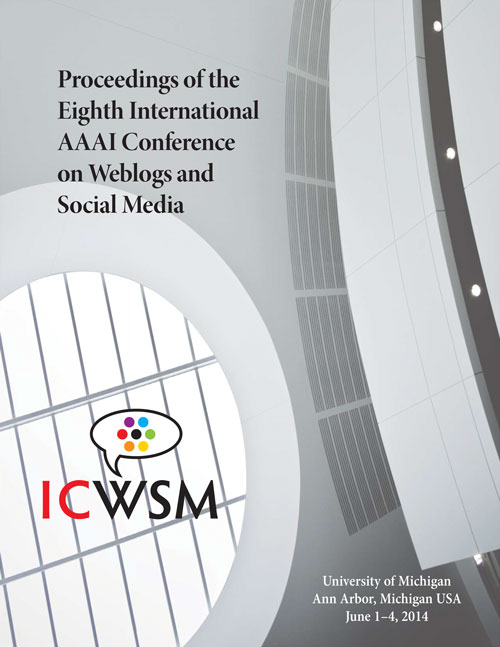User-Created Groups in Health Forums: What Makes Them Special?
DOI:
https://doi.org/10.1609/icwsm.v8i1.14510Keywords:
online health communities, community structure, health forums, user-created groupsAbstract
Patients and caregivers often seek help and support through online forums for their ailments. In many health forums, users can not only participate in existing, site-defined user groups but also initiate their own groups. To better understand the mechanism and usefulness of such user-created groups, we comparatively studied their characteristics against those of site-defined groups, based on an empirical dataset of over three years of user activities in health forums collected from MedHelp.org. In the study, we first derived a categorization of user-created groups according to the underlying reasons leading to their creation, and then investigated if there are significant differences between user-created and site-defined groups with respect to group memberships, activity levels, social network metrics, and interaction patterns. The results show that users initiate more homophily driven communities and social interactions, and that the members of user-created groups are more vocal and more socially active than those who have only participated in site-defined groups. The findings suggest that allowing users to create their own groups could improve user engagement in health forums, foster rapport among users, and ultimately lead to a cohesive social environment that supports more effective information sharing and community building.

